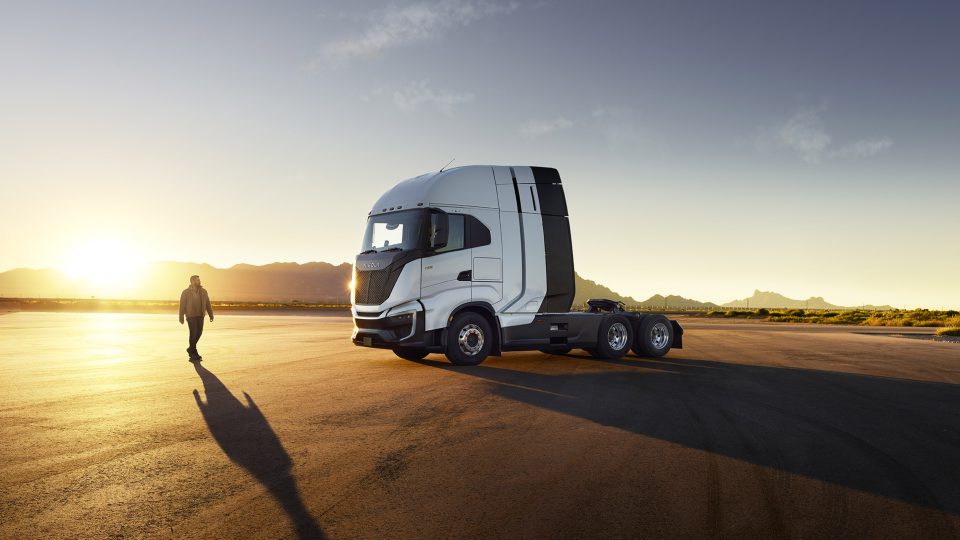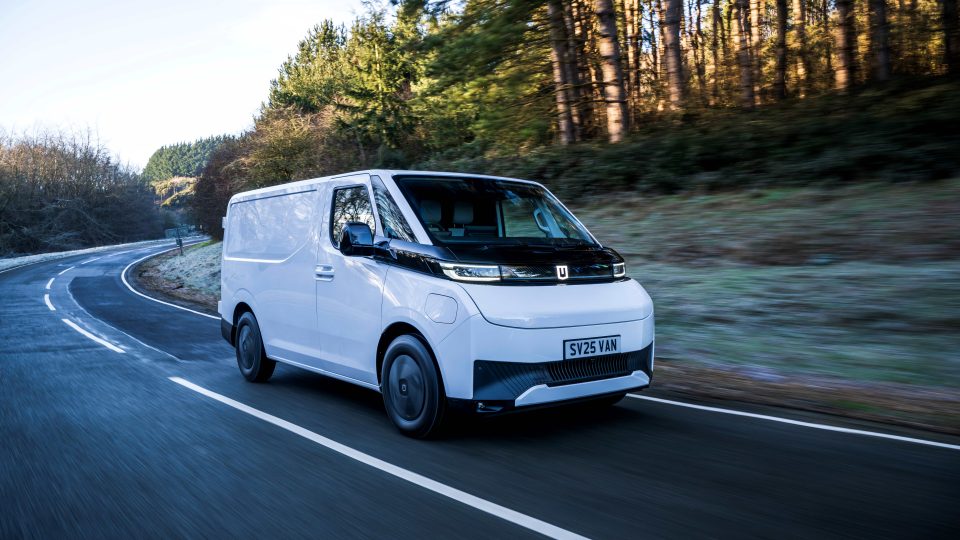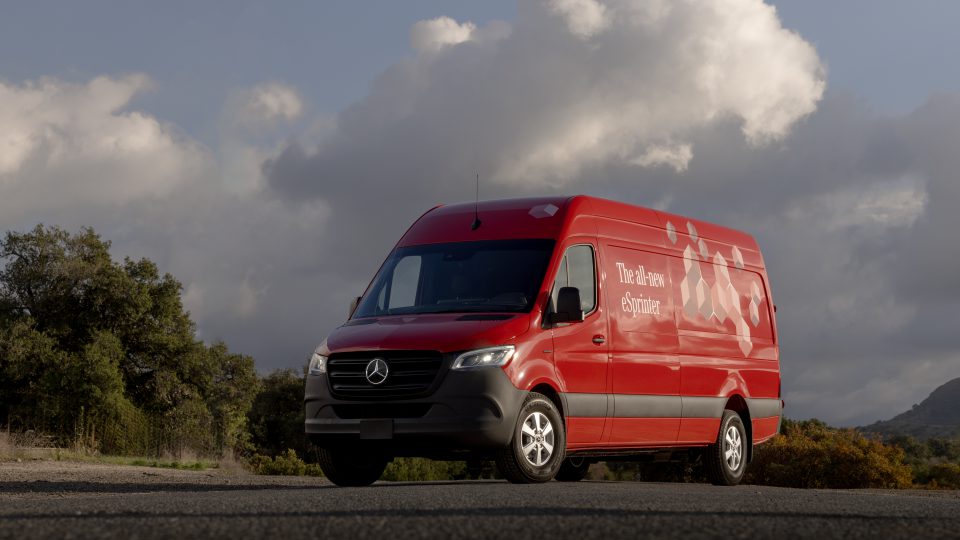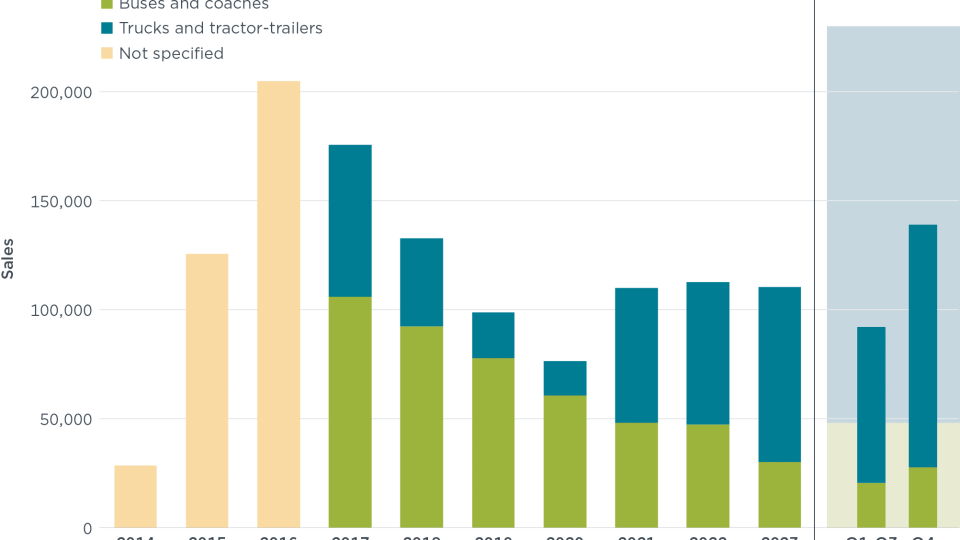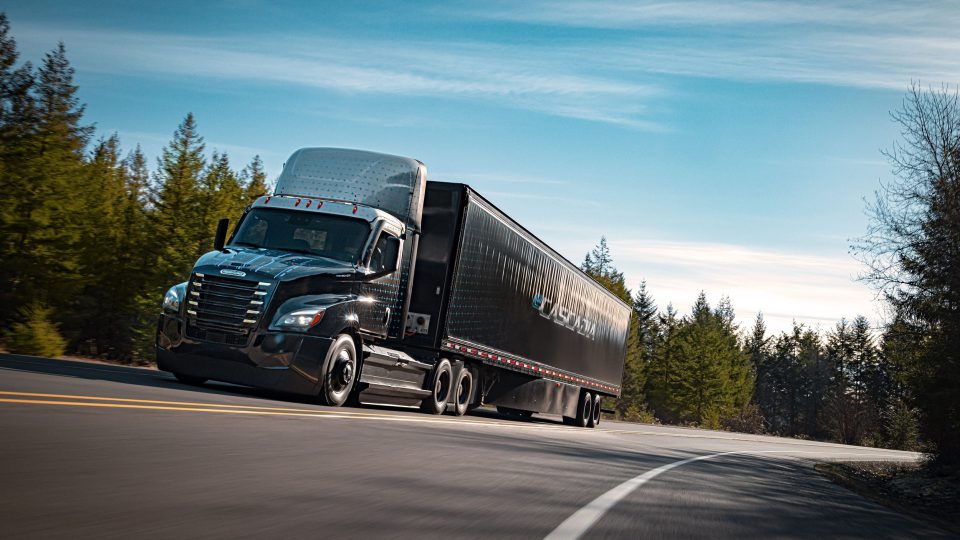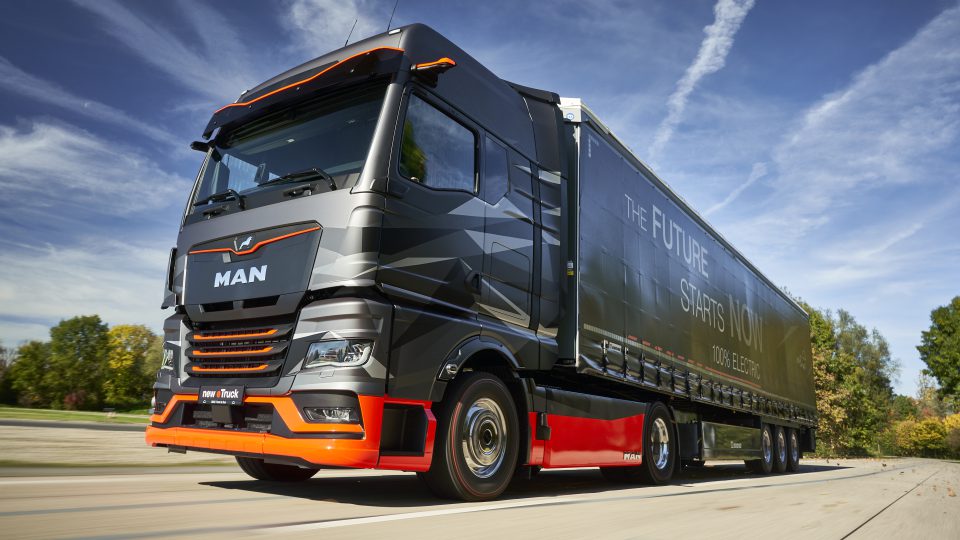California declares end of combustion truck sales in 2036. Here’s what CARB has decided
Known as Advanced Clean Fleets, the new rule helps put California on a path toward accomplishing Gov. Gavin Newsom’s goal of fully transitioning the trucks that travel across the state to zero-emissions technology by 2045. The end to combustion truck sales in 2036 is a first-in-the-world requirement.
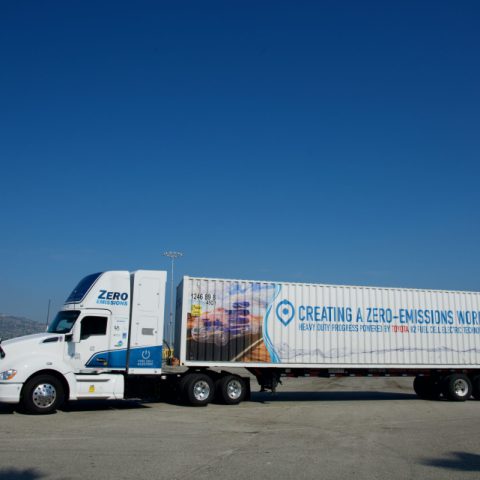
The State of California is the first place in the world to set a ban on combustion truck sales. In fact, as decided by CARB (California Air Resources Board), no more diesel trucks will be sold after 2036. However, a huge push to decarbonization will start immediately.
California will end combustion truck sales in 2036
Known as Advanced Clean Fleets, the new rule helps put California on a path toward accomplishing Gov. Gavin Newsom’s goal of fully transitioning the trucks that travel across the state to zero-emissions technology by 2045. The new rule is expected to generate $26.6 billion in health savings from reduced asthma attacks, emergency room visits and respiratory illnesses. California is set to invest almost $3 billion between 2021 – 2025 in zero-emission trucks and infrastructure. This investment is a part of a $9 billion multi-year, multi-agency zero-emissions vehicle package to equitably decarbonize the transportation sector that was agreed upon by the Governor and the Legislature in 2021.
“We have the technology available to start working toward a zero-emission future now,” said CARB Chair Liane Randolph. “The Advanced Clean Fleets rule is a reasonable and innovative approach to clean up the vehicles on our roads and ensure that Californians have the clean air that they want and deserve. At the same time, this rule provides manufacturers, truck owners and fueling providers the assurance that there will be a market and the demand for zero-emissions vehicles, while providing a flexible path to making the transition toward clean air.”
Potrebbe interessarti
The Nikola Tre FCEV is now eligible for purchase incentives in California
Under the new rule, fleet owners operating vehicles for private services such as last-mile delivery and federal fleets such as the Postal Service, along with state and local government fleets, will begin their transition toward zero-emission vehicles starting in 2024. The rule includes the ability to continue operating existing vehicles through their useful life.
A flexible but firm transition to zero emission vehicles
All other fleet owners will have the option to transition a percentage of their vehicles to meet expected zero-emission milestones, which gives owners the flexibility to continue operating combustion -powered vehicles as needed during the move toward cleaner technology. For example, last mile delivery and yard trucks must transition by 2035, work trucks and day cab tractors must be zero-emission by 2039, and sleeper cab tractors and specialty vehicles must be zero-emission by 2042.
The Advanced Clean Fleets rule includes an end to combustion truck sales in 2036, a first-in-the-world requirement that factors in public commitments to transition to zero-emission technology by truck manufacturers, potential cost savings for fleets, and accelerated benefits for California communities. An analysis of the sales and purchase requirements estimates that about 1.7 million zero-emission trucks will hit California roads by 2050. To support the needed infrastructure and services to make this transition, agencies across government have committed to the Zero-Emission Infrastructure Joint Agency Statement of Intent.



